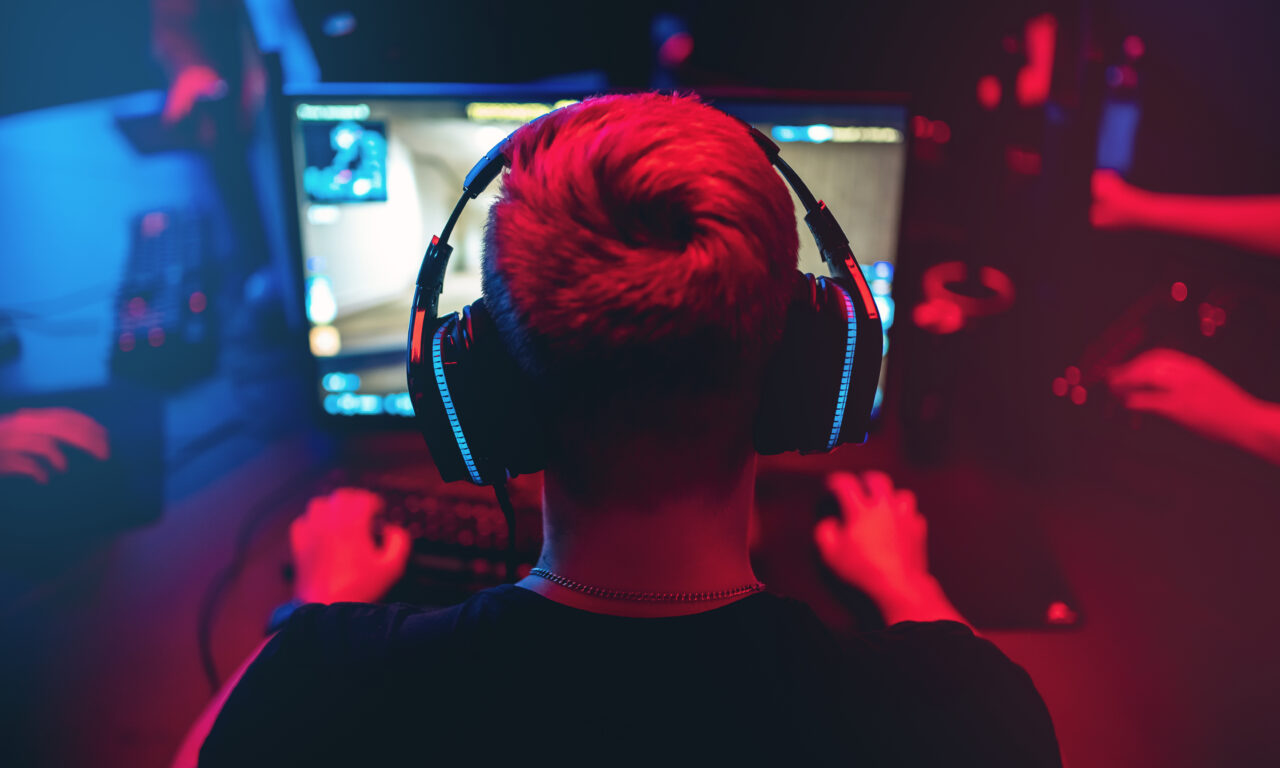Four things to consider before embarking on an esports sponsorship

The global esports market is expected to reach a valuation of $1.79 billion by the end of this year. As the industry continues to rise in coverage and ambition, its sponsorship potentials evolve at the same rate. In this article, we take a look at the four most important things to know if your company is looking to invest in an esports partnership.
This is a changing, exciting, and volatile market
Opportunities for sponsorship in esports are remarkably flexible. When the Playstation series was launched in 1994, no one could have predicted that brands like Gucci would have significant investments in its eventual users.
Launched in May 2022, The Gucci Gaming Academy is the first grassroots esports initiative set up by a luxury brand. Their partnership with FACEit Pro League has forged a clearer “path to pro” for talented players, and, with significant creative autonomy, Gucci have broadcast their brand to a new, younger audience. In embracing change, the luxury brand has created a memorable partnership that doesn’t lose sight of its own historic values.
Make no mistake, esports is also a volatile market. The innate sense of change that enabled Gucci’s investment, also sees new game titles, teams, and streamers fade and spurt quicker than in traditional sports. Players join and leave teams as normal, but fan loyalty tends to be with the player rather than the team. As such, on-the-ground knowledge of the esports landscape is crucial.
The fanbase is more diverse than you might think
The “lazy” connotation associated with gamers has been obscured by both the lucrative potentials for players and sponsors, and the intense competitions involved at the elite level.
Despite a younger demographic, the esports audience nonetheless has substantial purchasing power. Interpret’s quarterly survey of 9,000 consumers found that, “30% of esports fans have an annual income greater than $100,000, and they are willing to spend on subscriptions they care about and regularly purchase electronics.”
Video games have been around for a long time. As such, fans are not merely those born after 2010. In fact, the average age of an esports viewer is 29. With the endurance of older games like League of Legends, the industry provides a platform for a wide-ranging audience.
While 72% of esports fans identify as male, data from Statistics showed that 45% of gamers in the US were women - up 4% on the previous year. Can your sponsorship campaign represent and promote this positive change?
To learn more about fan-centred models, click here.
The risks are well-researched and clear: know them
Knowing the industry also means understanding its innate potential for risks - particularly in the departments of athlete health and reputation.
Players can spend up to 16 hours a day practicing and can engage in as many as 400 actions a minute during gameplay. That puts an enormous amount of stress on the body, especially if coupled with wider inactivity. Your sponsorship campaign should look to positively manage this risk, or chance being associated with the industry’s underlying danger.
Players are often very visible on social media, and while that’s ordinarily a positive, transparent way to connect with fans, it can lead to controversy. With such a raised visibility, sharing guidelines with potential athletes is crucial.
You should validate esports like any other, but recognise its uniqueness
While it may take some getting used to, the fact remains that esports echo the same values as old-school, traditional ones: competition, dedication, and performance. As such, a non-prejudicial approach makes sense.
Engaging with the culture and the games themselves will increase trust and inspire more meaningful campaigns. Back in the real world, the IPL have been able to use sponsorship to create a maximalist entertainment experience for fans. This can be seen through CEAT’s ‘Strategic Timeout’ and Dream11’s ‘Gamechanger of the Season’ award. Yes, it’s all a bit overwhelming. But with the depth of experience in esports, opportunities arise for any number of sponsorship activations that recognise the products and players themselves. Make use of the esports knowledge available within your own company and seek outside council on game specifics to convey authenticity.









